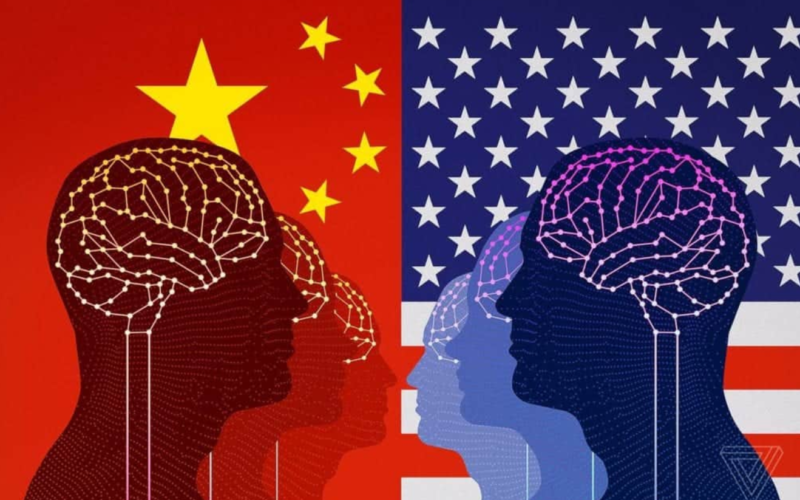The United States is taking significant measures to challenge China’s ambitious plans for global dominance in the field of artificial intelligence (AI) by imposing stricter controls on the export of advanced semiconductor chips. This move is placing considerable pressure on Beijing and reflects the Biden administration’s commitment to safeguarding U.S. technological superiority and national security.
China has been actively pursuing a path toward AI leadership, aiming to become a global powerhouse in AI technologies, which are increasingly integral to various industries, including defense, healthcare, and autonomous vehicles. As AI capabilities continue to expand, it has become a critical component of both economic and strategic advantage on the world stage.
One of the key enablers of AI development is access to advanced semiconductor chips, which are essential for powering AI systems. In recent years, China has made significant strides in developing its domestic semiconductor industry. However, it still relies on imported advanced chips for many crucial applications.
Recognizing this dependency, the U.S. has implemented tighter export controls, especially regarding advanced semiconductor technology. This move aims to limit China’s access to the cutting-edge chips needed for its AI ambitions, particularly in fields with potential national security implications.
The Biden administration’s approach to controlling advanced chip exports reflects growing concerns about technology transfer and national security. By placing restrictions on the export of advanced semiconductor technology, the U.S. is sending a clear message about its commitment to protecting its technological edge.
The impact of these restrictions is not limited to China’s AI goals but also reverberates across the global tech industry, affecting various players involved in semiconductor manufacturing and supply chains. It raises questions about the interplay between economic competition and national security concerns, especially in an era where technological advancements are integral to both.
China, on the other hand, is unlikely to back down in its pursuit of AI dominance. The U.S.-China rivalry in AI and technology is expected to continue as both nations vie for supremacy in this critical arena.
As the United States takes dead aim at China’s ambitions for global AI leadership by tightening its grip on advanced chip exports, the ramifications extend beyond the realms of technology. They touch upon broader issues of global competition, security, and the balance of power in the emerging digital age.
The rivalry between these two technological giants is likely to shape the future of AI development, the global tech industry, and the geopolitical landscape. The actions taken by the United States reflect the significance of AI and semiconductor technology in the evolving landscape of international relations.








